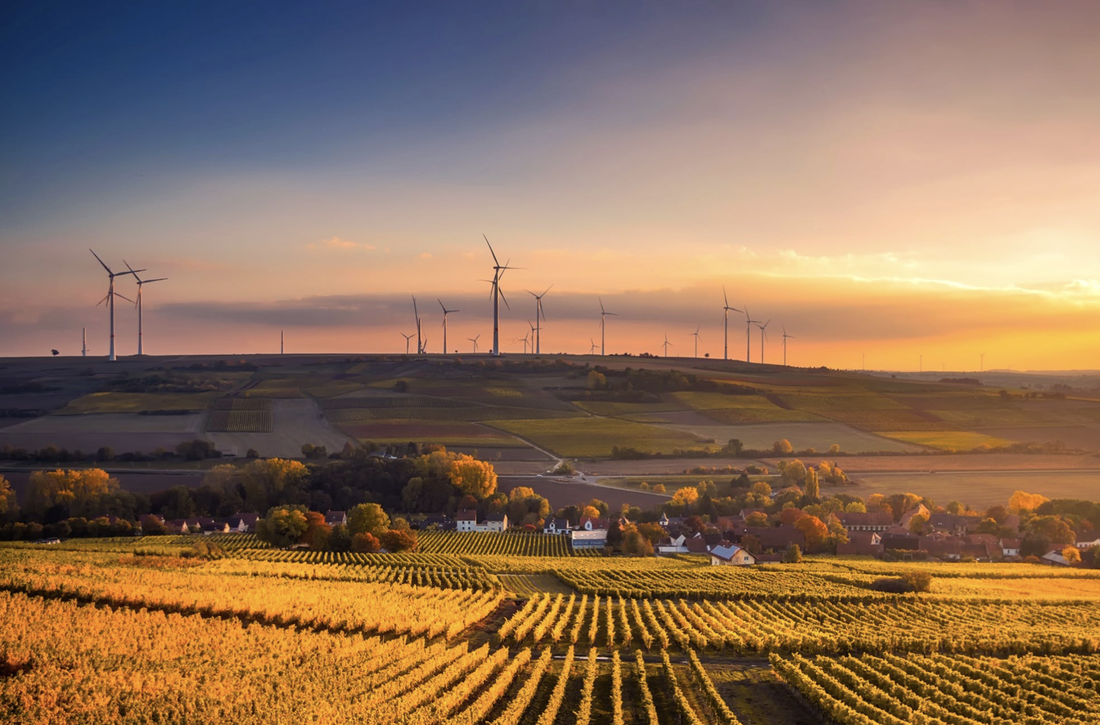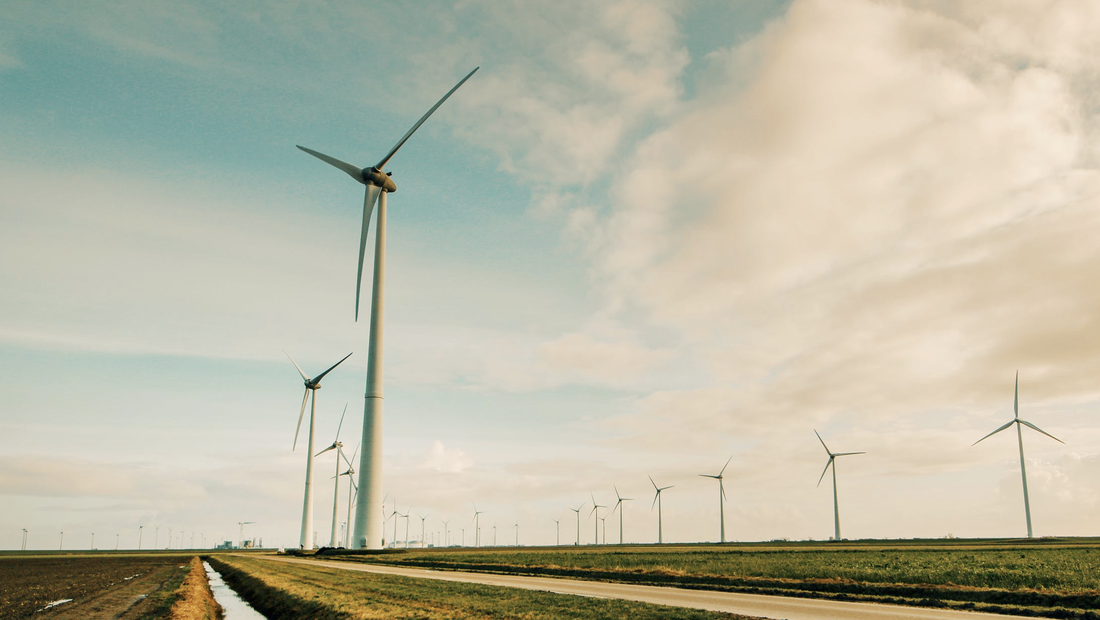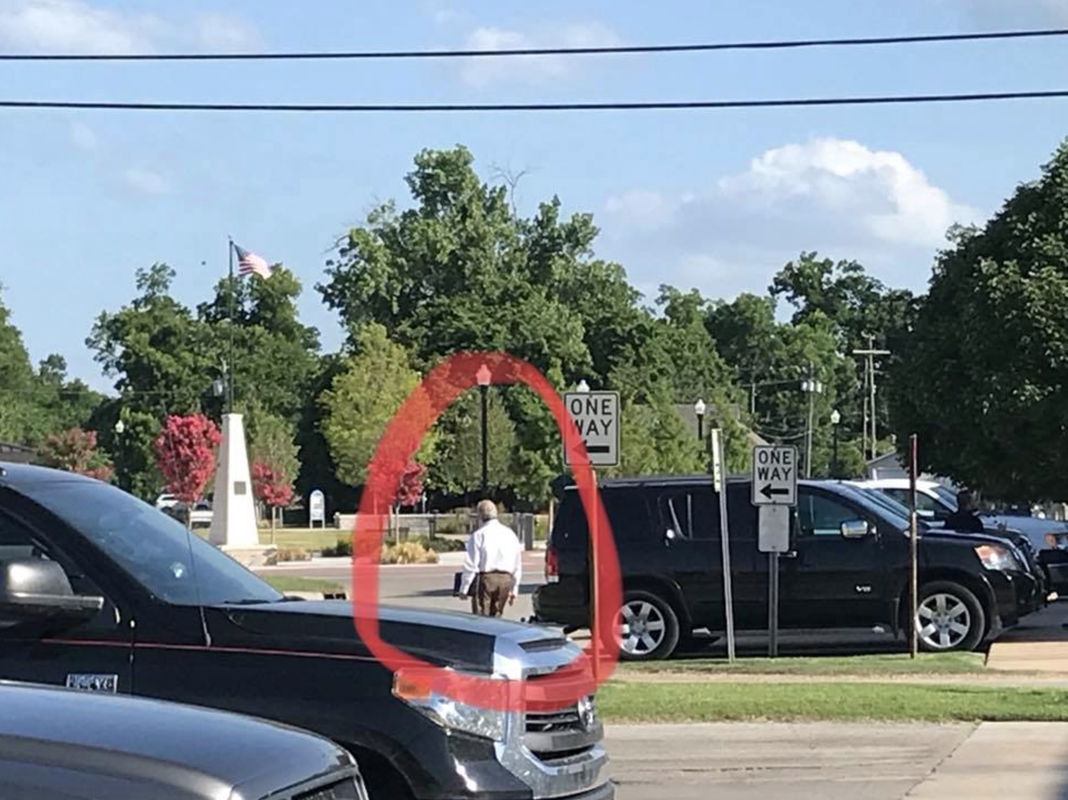The NECEC was first runner up in a competition to provide Massachusetts with "clean energy" that was set into motion by a 2016 law requiring the state to use more renewable energy. The first project Massachusetts selected, the Northern Pass project, was rejected by New Hampshire siting authorities earlier this year. Northern Pass was rejected because it placed a burden on the state without an equal benefit to the state. Although Northern Pass has been trying to sell its project to New Hampshire for years without success, it was the contract to supply Massachusetts with renewable energy that incited its latest push and ultimate rejection by the state.
Other competitors to supply "clean" power to Massachusetts include TDI New England, a project that would run under Lake Champlain, with the remainder buried under existing rights-of-way. TDI New England was not opposed by residents and environmental groups precisely because it was buried on public property, but Massachusetts rejected it because it was more expensive.
And there's our problem! The idea that some entity that wants "clean" power at the cheapest price possible can visit its agenda on others who will not benefit from a project.
Sure, we've all been indoctrinated to believe in climate change and to want to do our part to protect our planet over the long term. But environmental groups using mysterious funding sources have upped the ante to try to get us to believe there's a climate emergency in the works. It's such an emergency that we must change the ways we generate and use energy that have developed over centuries RIGHT NOW. We must plow ahead and plunder our landscape in the name of "clean energy." We must make the hard sacrifice to our land and way of life immediately if we're going to save the planet! And then what happens? Well, the ones clamoring for this change want all the sacrifice to happen in someone else's back yard.
Massachusetts makes a law to use renewable energy. And then it expects to visit that law on other states by constructing new transmission lines to bring in renewable power generated elsewhere (in this case, Canadian hydro, although the environmental benefits of simply re-directing existing generation to Massachusetts is high speculative). Massachusetts made the law, Massachusetts should provide the energy to fulfill it.
But what if Massachusetts doesn't have the resources to meet its own mandate? Then it must acquire the resources from other states (or countries?). It is not incumbent upon these other states to knuckle under and make the big sacrifice to make sure Massachusetts can accomplish its goal. After all, the residents of these other states didn't get a vote in making the law in the first place. They weren't represented at all when it was made (maybe other New England states need to stage a tea party in Boston Harbor in protest?) So it looks like Massachusetts is completely at the mercy of the other states volunteering to supply the resources to carry out Massachusetts law. If it was truly voluntary, it would be one thing. But these other states mind being the sacrifice zone for Massachusetts. They mind a great deal. What if Massachusetts could acquire the resources it needs while requiring little sacrifice from the other states? That's the TDI proposal that was rejected because it was "too expensive." Meeting Massachusetts law in a way that doesn't require mass sacrifice in other states is too expensive for Massholes (err... what do you call people from Massachusetts anyhow? I'm just going with the vernacular here...) But the price of meeting Massachusetts law is on you, Massachusetts. Don't try to foist the financial responsibility off onto other states by impacting their tourism, their electric rates, their sense of place.
Oh sure, transmission developers who smell a buck will tell you that these other states are happy to sacrifice. And the same developers will tell the other states that they're going to benefit from "economic development" and tax money. But those claims, even if true, are a sorry trade off for a perpetual sacrifice. They don't convince the people. The only ones who become convinced of trumped up "benefit" are the ones who would personally profit from just such an arrangement, such as businesses and suppliers, or lazy local elected officials who simply can't resist selling their constituents down the river in exchange for what looks like a free lunch. There ain't no such thing as a free lunch. That transmission line will become a bigger burden than you were told it would be, and the tax payments won't be as large or lucrative when balanced against the financial loss a new transmission line may bring to the community. The transmission developer doesn't give a damn about your community or its financial well-being. It only cares about the profits it can earn if it can get a project approved and built. That such a project can sprinkle millions around affected communities and still rake in a hefty profit tells you everything you need to know.
Opposition to new transmission brings delays and additional costs. A project that meets overwhelming opposition at roll out will probably end up costing more than one with a higher initial price tag that doesn't inspire any opposition.
Wake up, Massachusetts! Stop hiding behind greedy transmission developers with bad ideas at cheap prices and fully own your proposed burden on other states. You're going to have to get this done with willing cooperation from other states, or you're not going to get it done at all. The price of a project that isn't opposed is the true cost of your law, unless you want to create your own resources to meet it in state. Not my law, not my problem!
This same scenario plays itself out across the country as greedy renewable energy companies propose to create sacrifice zones across rural America to supply renewable energy to population centers. Nobody wants to sacrifice for the selfish needs of others. Sure, in an earlier century, people had to make a sacrifice so that others could have electric service, and sometimes they still need to sacrifice to make sure our electric grid is reliable. But "dirty" power and the cost of electricity won't crash the grid. Changing the source of power for environmental or cost considerations comes at a price, and that price includes whatever it takes not to visit sacrifice on others who won't receive any benefit and don't want to participate.
Build it in your own back yard (or on your own rooftop!), meet the requirements of others drawn unwillingly into your plan, or do without. It's just that simple. If you create a problem, don't expect others to solve it.







 RSS Feed
RSS Feed